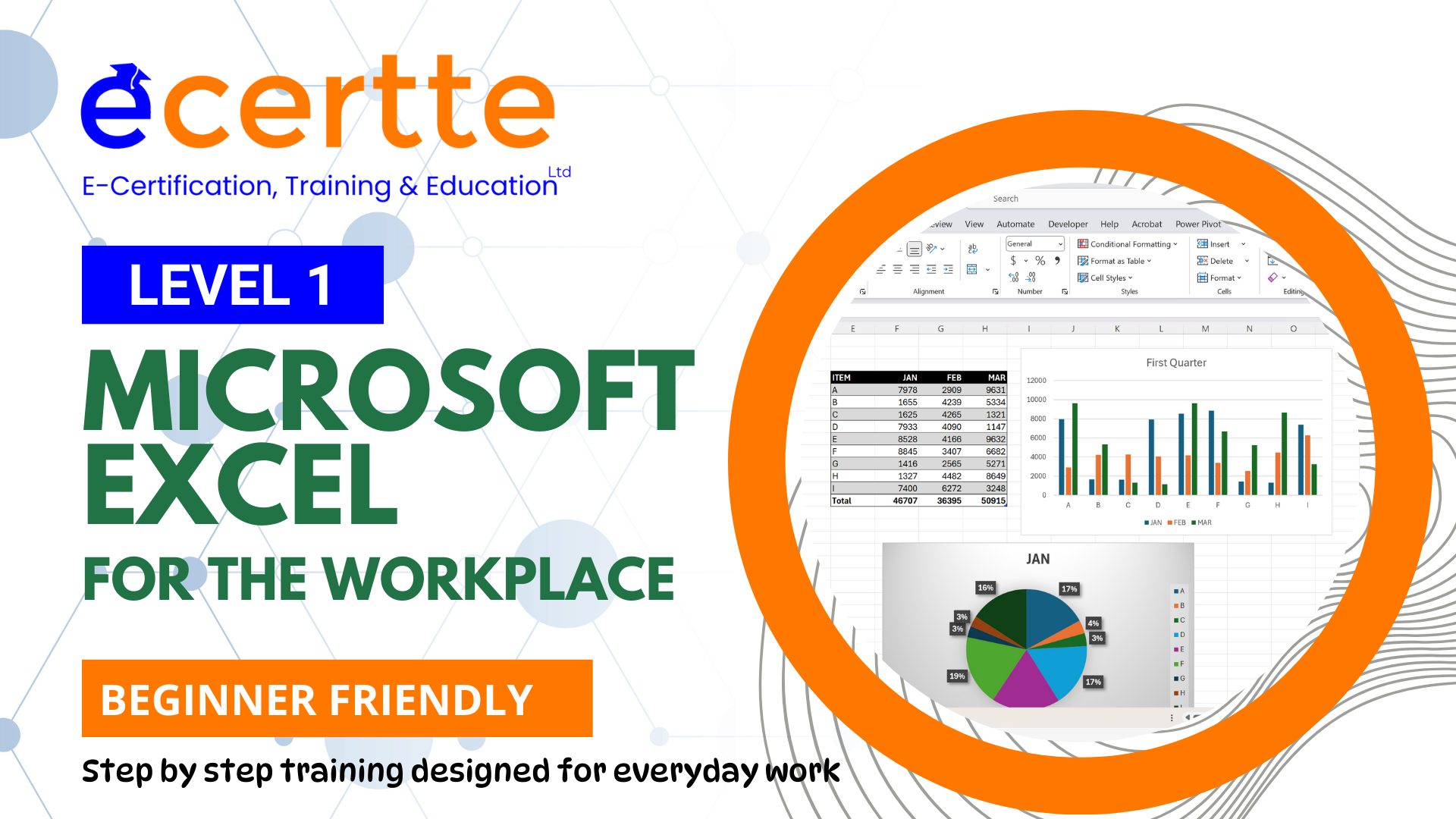0.00
(0.00)
ecertte
3 Courses • 6 Students
0.00
(0.00)
Biography
Ecertte | E-Certification, Training & Education Ltd. is a professional development and e-learning company committed to its mantra of "Certify. Train. Educate." Ecertte empowers its learners by providing high-quality, flexible learning solutions, including CPD-Certified self-paced online courses and accredited in-house workforce training.
We leverage expert-developed content and an AI Learning Assistant for personalized guidance, ensuring professionals gain globally recognized certification and the essential skills needed for career advancement and maximum workplace efficiency.
Courses
US$99.00
US$1.00



